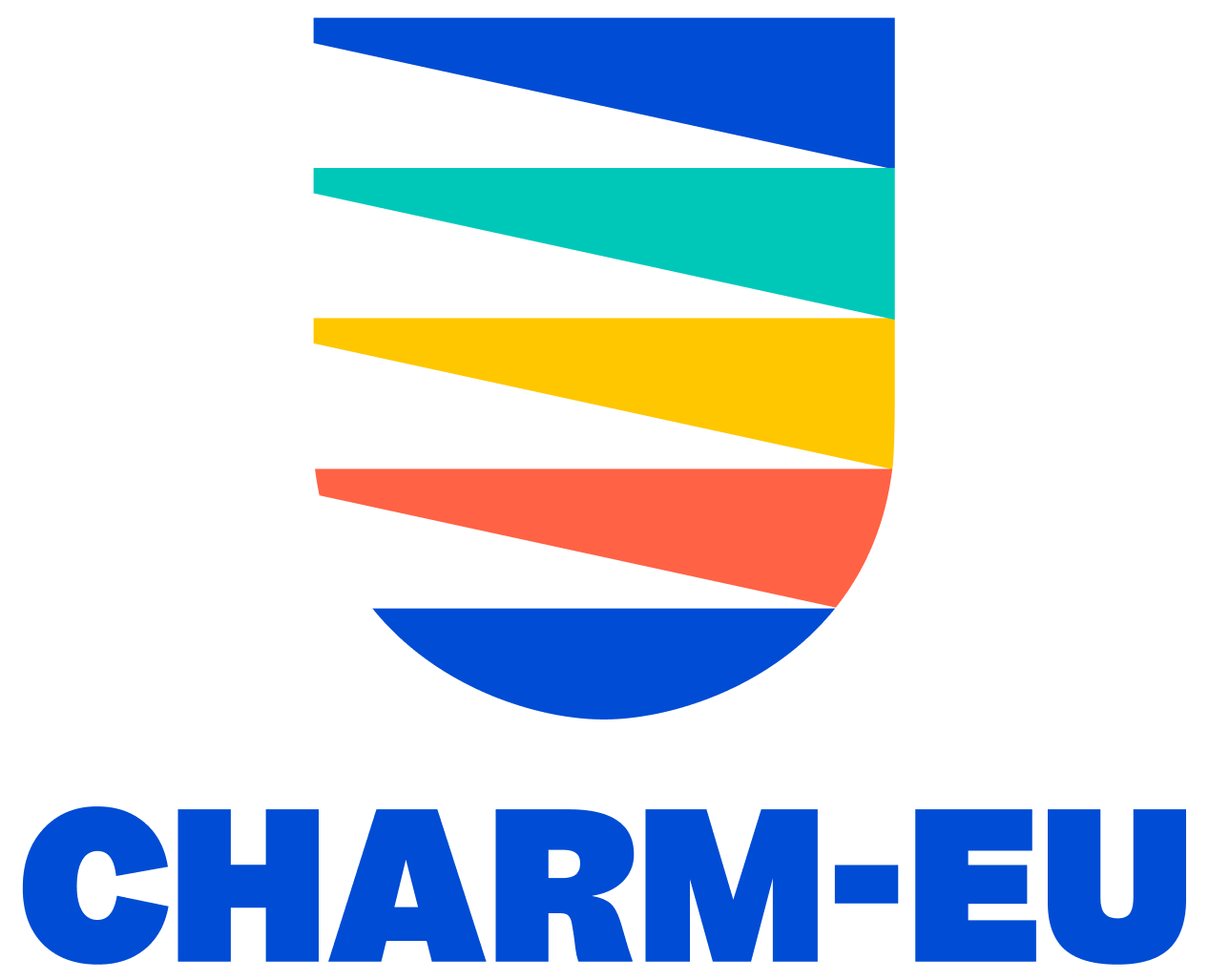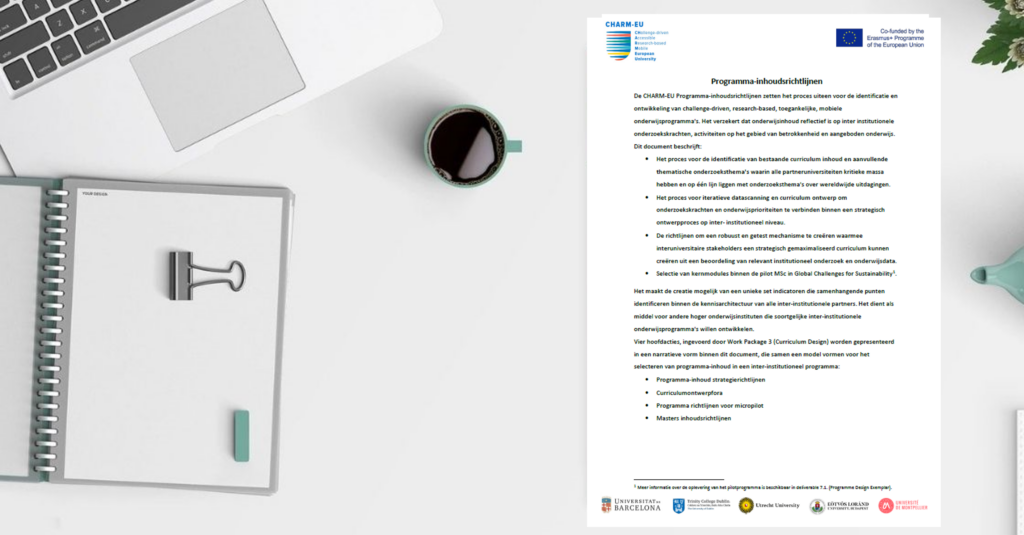This resource can be used for professional development purposes of teaching staff. If you have any questions about the materials, don’t hesitate to contact the CHARM-EU professional development team.
Global diverse perspectives in education
The purpose of embedding global perspectives in higher education is to enable students to develop knowledge about different cultures, global issues, and their relevance to their lives, fostering awareness, values, and skills for active citizenship. Students become equipped to navigate contemporary global challenges, think critically, and engage as informed citizens, voters, and professionals (Lunn, 2008). Teacher educators involved in implementing this into their education, have described their efforts as: to help students make connections across cultures, understand historical contexts of global issues, link global content to local communities, and teach tolerance and cultural appreciation (Merryfield, 1998). The workshop equips teaching staff with these tools and strategies needed to integrate global perspectives and cross-cultural competencies into their curricula. It was tested during a bigger professional development event for teaching staff of the MSc programme Global Challenges for Sustainability.
This 90-minute workshop, held on-site or online, introduces participants to the importance of embedding global perspectives in education, emphasizing the interconnectedness of economies, technologies, ecologies, politics, and cultures in a rapidly changing world. Participants explore how to equip students with the skills needed for this. The session employs a Design Thinking methodology, represented as a ‘growing tree’ activity, to guide participants in brainstorming and refining ideas. Participants begin by identifying key challenges (rooting), generating initial ideas (growing), refining these into actionable strategies (blossoming), identifying resources needed for implementation (resourcing), and finalizing with feasible pedagogical activities (fruiting). Informed by key literature on global education, the workshop also prompts participants to consider essential knowledge, skills, and values related to global perspectives. Examples include fostering understanding of global dynamics, developing cross-cultural empathy, and teaching tolerance and appreciation for diversity. The session concludes with teams presenting their final plans in a plenary session, receiving feedback and collaboratively refining their approaches.
Learning objectives
After this session, participants are able to:
- Gain a deeper understanding of global perspectives and cross-cultural competencies
- Develop concrete ideas for relevant pedagogical activities
- Improve their skills in engaging students in international contexts
- Collaborate effectively with colleagues to continuously improve their approach to integrating global perspectives and cross-cultural competencies into their teaching
Resources:

